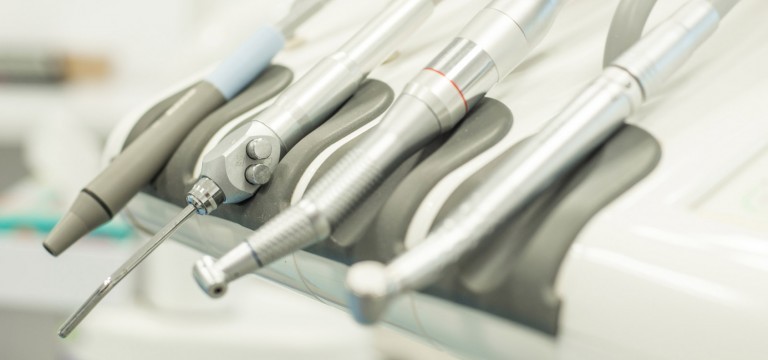A dentist or endodontic uses root canal treatment to find the cause of and then treat problems related to the tooth’s soft core, the dental pulp. In the past, teeth with diseased or injured pulps often were removed. Today, root canal treatment has given dentists a safe way of saving
teeth.
Root Canals
Extractions
Tooth extraction is the removal of a tooth from its socket in the bone.
The purpose of extraction is being perform for positional, structural, or economic reasons. Teeth are often removed because they are impacted. Teeth become impacted when they are prevented from growing into their normal position in the mouth by gum tissue, bone, or other teeth. Impaction is a common reason for the extraction of wisdom teeth. Extraction is the only known method that will prevent further problems. Teeth may also be extracted to make more room in the mouth prior to straightening the remaining teeth (orthodontic treatment), or because they are so badly positioned that straightening is impossible. Extraction may be used to remove teeth that are so badly decayed, broken, disease, trauma or crowding that they cannot be restored. In addition, patients sometimes choose extraction as a less expensive alternative to filling or placing a crown on a severely decayed tooth.
Sedation
Dental sedation has become a popular part of modern dentistry. With so many patients putting off dental visits out of dental fear or anxiety, the dental industry has stepped up with a solution to their problems.
Dentists now use several forms of sedation dentistry to help their patients get the dental treatment they need. One such technique is called oral sedation and while it’s been around for decades, it’s been gaining steam as a preferred form of dental sedation.
A type of conscious sedation, oral sedation puts you in a relaxed state during dental
procedures. Oral sedation dentistry is exactly what it sounds like: drugs taken orally to relieve dental fear and anxiety. Oral sedation is sometimes called sleep dentistry, although you’ll remain conscious and be able to respond to your dentist’s commands during the procedure.


